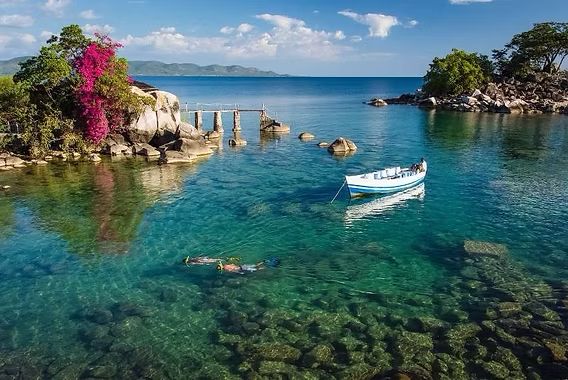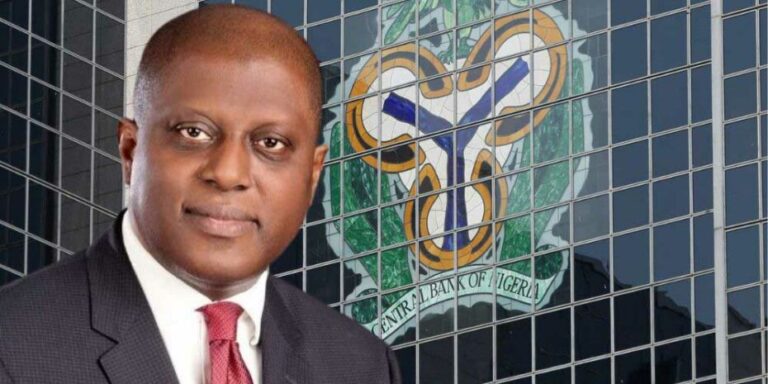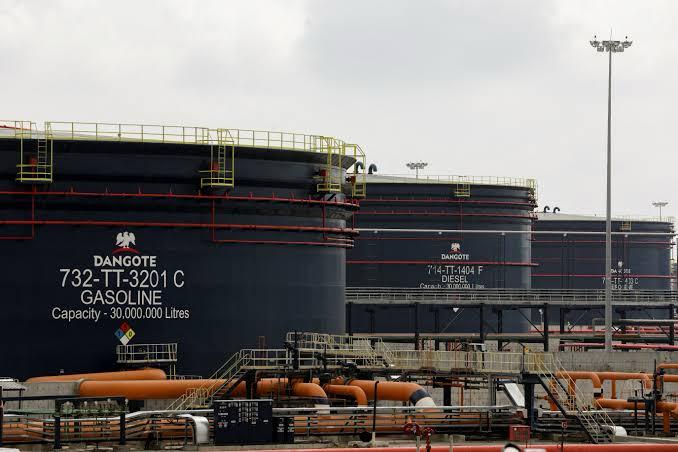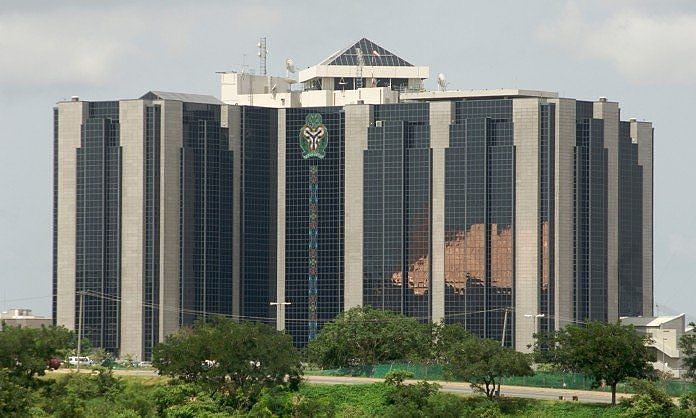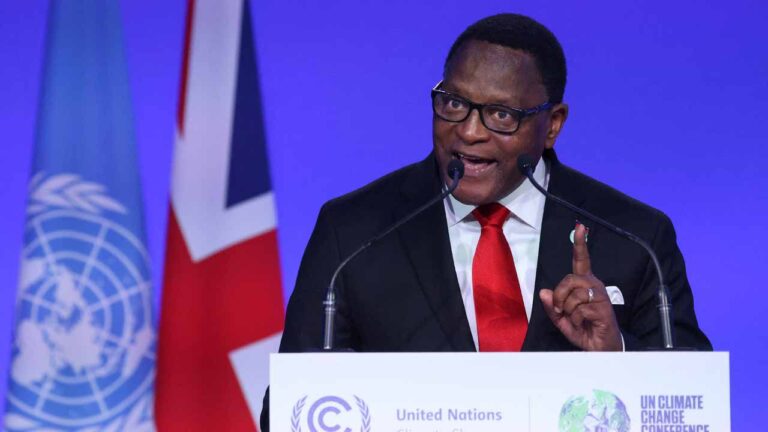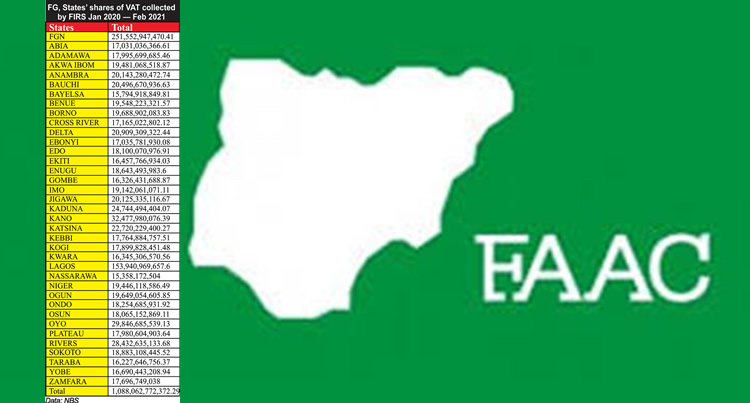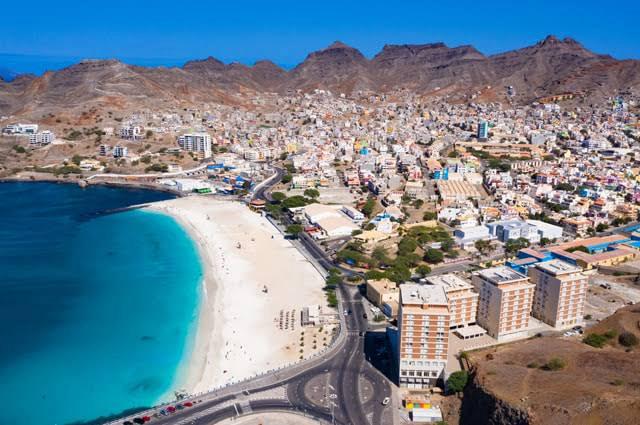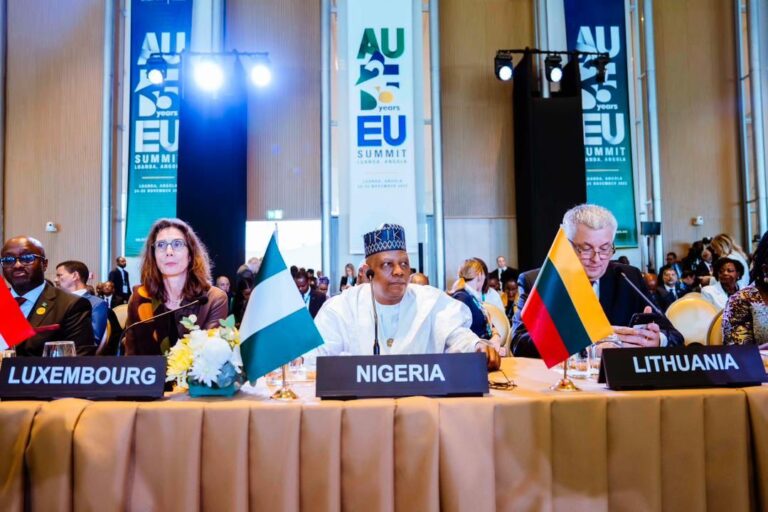By: ThinkBusiness Africa
In a drastic measure aimed at replenishing its critically low foreign exchange (FX) reserves, the Malawian government has ordered foreign tourists to pay for all hotel and accommodation stays in hard currencies, such as US Dollars, Euros, or British Pounds.
Finance Minister Joseph Mwanamvekha announced the new policy on Friday during a mid-year budget review, confirming the government’s shift toward stricter currency controls to address the country’s persistent hard-currency squeeze.
The policy mandate is designed to ensure that the valuable foreign currency brought in by international visitors is directly captured by the central bank, rather than being exchanged on the local market or remaining outside the country’s formal financial system.
“Our foreign reserves have come under immense pressure, particularly following the termination of the International Monetary Fund’s Extended Credit Facility,” Mwanamvekha stated. “This new regulation in the tourism sector is a necessary intervention to shore up our dwindling foreign reserves and ensure a stable supply of foreign exchange for critical national imports.” He said.
The Minister stressed that tourism businesses must now secure special licenses to transact in foreign exchange, creating a ring-fence around tourism revenue to bolster the national foreign exchange kitty.

Malawi’s economy has been under severe strain due to a chronic shortage of hard currency, which is essential for importing fuel, medicines, and agricultural inputs. The Malawian Kwacha (MWK) has struggled against major currencies, contributing to rising inflation and investor uncertainty.
By targeting the tourism sector—a key non-traditional source of foreign earnings that accounts for approximately 7% of the nation’s GDP—the government hopes to achieve a quick and reliable boost to its reserves.
In 2019 Malawi’s foreign exchange reserves was at $924.6 million, then it plummeted to $201 million in 2023 and $149 million in 2024.
In 2025 it’s projected to be $118 million, an extremely low projection, covering only 0.3 months of imports, far below the internationally recommended three months of import cover needed for economic stability.
Headline inflation rose from 20.8% in 2022 to 28% in 2023. Inflation is projected to average 29% in 2025.




